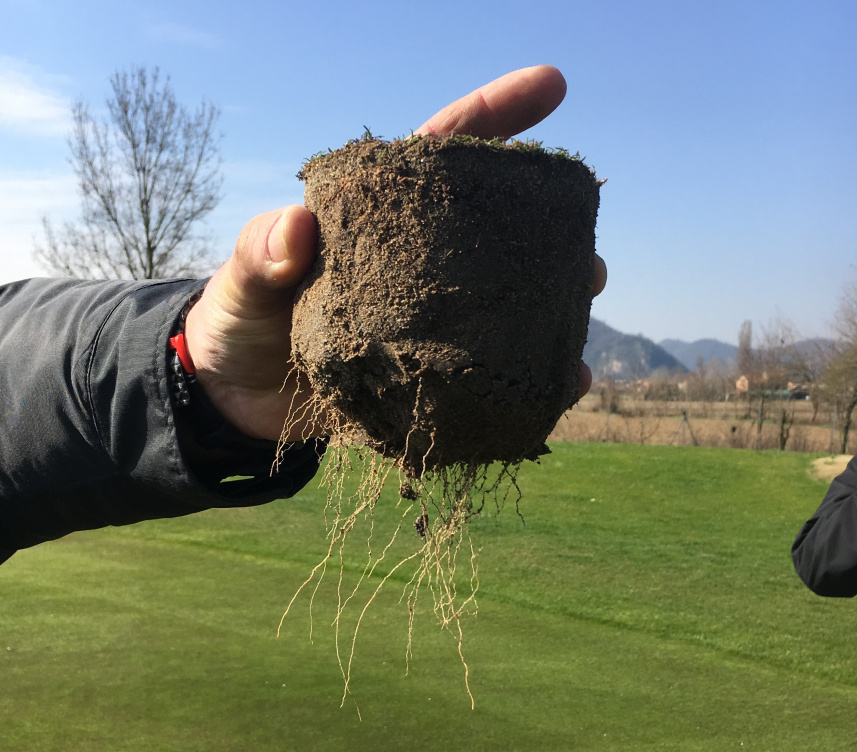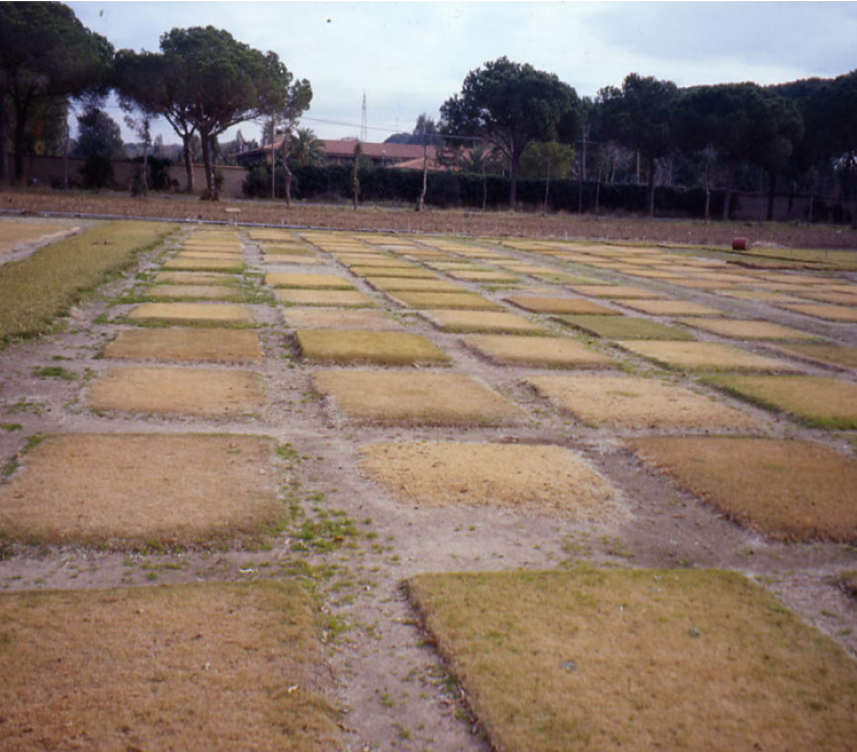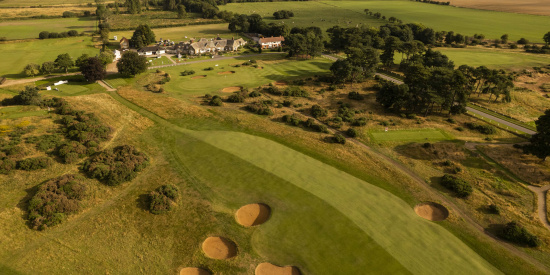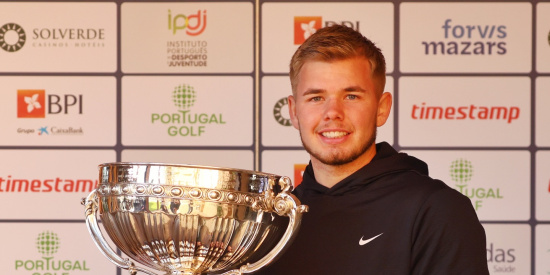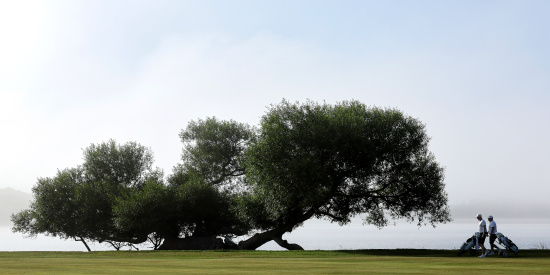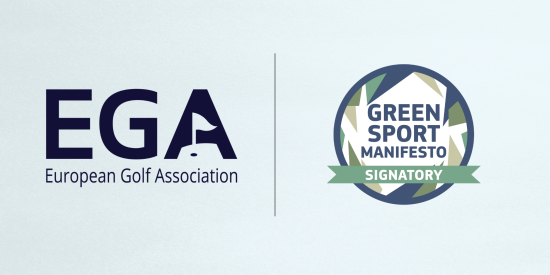
Alessandro De Luca - Italian Golf Federation
The European Directive on the use of pesticides is certainly changing the approach to turf maintenance and therefore also to golf course maintenance. Changes that will become even more necessary in light of the upcoming restrictions on the use of water, which in some cases are already a reality.
These new scenarios have raised and are still causing great alarmism, in the belief that such limitations will make the management of golf courses more and more difficult.
A more realistic attitude, however, suggests considering this change as necessary in line with the need for a more sustainable approach to all human activities.
An optimistic approach is therefore more constructive. It’s much better to see the glass as half full and not half empty and to consider the arrival of these new rules as a great opportunity. Opportunity to make these restrictions their own and take advantage of them for an environmentally and economically sustainable maintenance.
However, this requires some fundamental elements, which can be summarized as follows:
- Education
- Research
- Communication
To meet these needs, the Green Section of the FIG (Italian Golf Federation) has been active for several years in Italy.
Background
Italy is in a transition zone: hot and dry summers with temperatures above 30 °C and wet and cold winters, with temperatures that often drop below 0 °C. There is therefore no turf species well adapted all year round: cool season grasses are fine in the winter period and warm season grasses in the summer.
To face these difficulties, in 1989 the FIG decided to found the Green Section, with the conviction that a correct construction and maintenance of a golf course allows an increase in the quality of the game and at the same time save money with a low environmental impact.
Among the first objectives of the Green Section was the education of qualified technicians, also because in Italy there were no specific schools on the subject at that time.
Over the years, in addition to the Didactic Sector, a Technical Sector, a Research Sector and an Environment Sector have also been developed.
All the activities are currently supervised by Alessandro De Luca, an Agronomist specialized at Texas A&M University (coordinator), Massimo Mocioni, Agronomist with PhD in Plant Pathology, Agronomist Stefano Boni and Marta Visentin, graduated in Natural Sciences.
Below is a brief description of the four Sectors:
1. Didactic Sector. Courses for Superintendents, Greenkeepers and simplified modules for Golf Managers, Secretaries and Golf Professionals are organized every year. Conferences and periodic refresher seminars on specific topics are also organized.
2. Technical Sector. This is an activity that includes, through inspections, technical assistance for new initiatives and technical visits on golf courses with maintenance problems.
3. Research Sector. Launched in 1992 with the Scientific Direction of Prof. James B. Beard and in collaboration with the Agricultural Universities of Turin and Pisa. Over the years, the collaboration has also extended to the Universities of Bologna, Padua and Rome La Sapienza.
4. Environmental Sector. Since 1994 the Green Section has started to deal with ecology, natural landscapes, biodiversity and the sustainable use of territory through research and collaboration with universities, golf clubs and environmental organizations. In addition to being one of the founders of the E.G.A Ecology Unit and promoter of the "Committed to Green" project, later evolved into G.E.O. (Golf Environment Organization), in 2000 launched the national project "Impegnati nel Verde", an environmental recognition initiative aimed at raising awareness of golf courses on these issues, to then accompany them to G.E.O. Certification
Results
Two cognitive surveys on golf courses carried out in 1999 and then in 2008 conducted by the CNR (National Research Center), the highest government body in charge of research in Italy, has recorded over the years not only a qualitative increase in Italian golf courses, but also a significant reduction in pesticides, fertilizers and water consumption. The CNR itself has identified the reason for this improvement in the better preparation and professionalism of the Superintendents and Greenkeepers, achieved thanks to the training courses of the Green Section.
This convinced FIG to continue on this path, which to date has produced the following:
-
Over 2,000 technicians have been trained including Superintendents, Greenkeepers, Golf Managers and Golf Professionals. The majority of Italian golf clubs therefore make use of technicians who have attended the courses of the Green Section, both the most important clubs, where greater needs must be met and the smaller clubs, where it becomes essential to know how to manage limited budgets. Considering that for climatic reasons all turf species are studied, both cool and warms season grasses, the Green Section has attracted students from other countries over the years (Spain, Switzerland, Malta, Algeria, Morocco, Romania, Albania). Some students are also employed abroad (Germany, Switzerland, Holland, UK).
-
The Technicians of the Green Section carry out approximately 100 inspections every year, offering assistance for the golf course maintenance, for the development of new projects and for environmental problems related to the protection of resources or the enhancement of flora, fauna and landscape.
-
Over 100 golf courses have been involved in sustainability and environmental protection projects, obtaining the “Impegnati nel Verde” recognition. About 20 of these have achieved the G.E.O. Certification.
-
The research activity has made it possible to obtain results of great scientific value as well as applicative importance. The increasing use of warm season grasses in Italy and the reduced use of water and pesticides are among the most tangible and important results from an economic and above all, environmental point of view. The research has been presented in various national and international conferences.
-
From 2015 to 2021, the pioneering "Biogolf" program was conducted on 9 holes of the Montecchia Golf course, an operational protocol studied together with some environmental organizations, which provides for maintenance in compliance with the rules of organic farming, therefore without use of pesticides and synthetic fertilizers. An experience that has highlighted problems and possible solutions to address this new scenario.
-
In collaboration with three golf clubs (Golf della Montecchia, Golf Frassanelle and Golf Terme di Galzignano) it was possible to spread the importance of environmental sustainability to the new generations thanks to the G.E.O. Tournament Certification, obtained for three consecutive years with the organization of the Venice Open, an international amateur tournament reserved for under 18s.
Further actions
In addition to this important "preventive" work described above conducted by the Green Section, and together with the A.I.T.G. (Italian Association of Superintendents, Greenkeepers and Golf Managers), a dialogue has been started in recent years with the three Ministries that deal with application at national level of the EU Directive, i.e. the Ministry of Agriculture, the Ministry of Health and the Ministry of the Environment, with two main objectives:
- Agreement for a multi-year plan for the gradual reduction and elimination of pesticides
- Request support in research, aimed at identifying alternative methods and products to the pesticides
Compared to what was done in advance with all the activities of the Green Section, this phase, although apparently simpler and much less demanding, for several reasons (bureaucracy and political opportunity) is proving to be very difficult.
It will be important once again not to be discouraged and to continue to consider the arrival of the EU Directive on the use of pesticides as a great opportunity. In this case, an opportunity for the bodies responsible for legislating to know about the great opportunities offered by golf.
